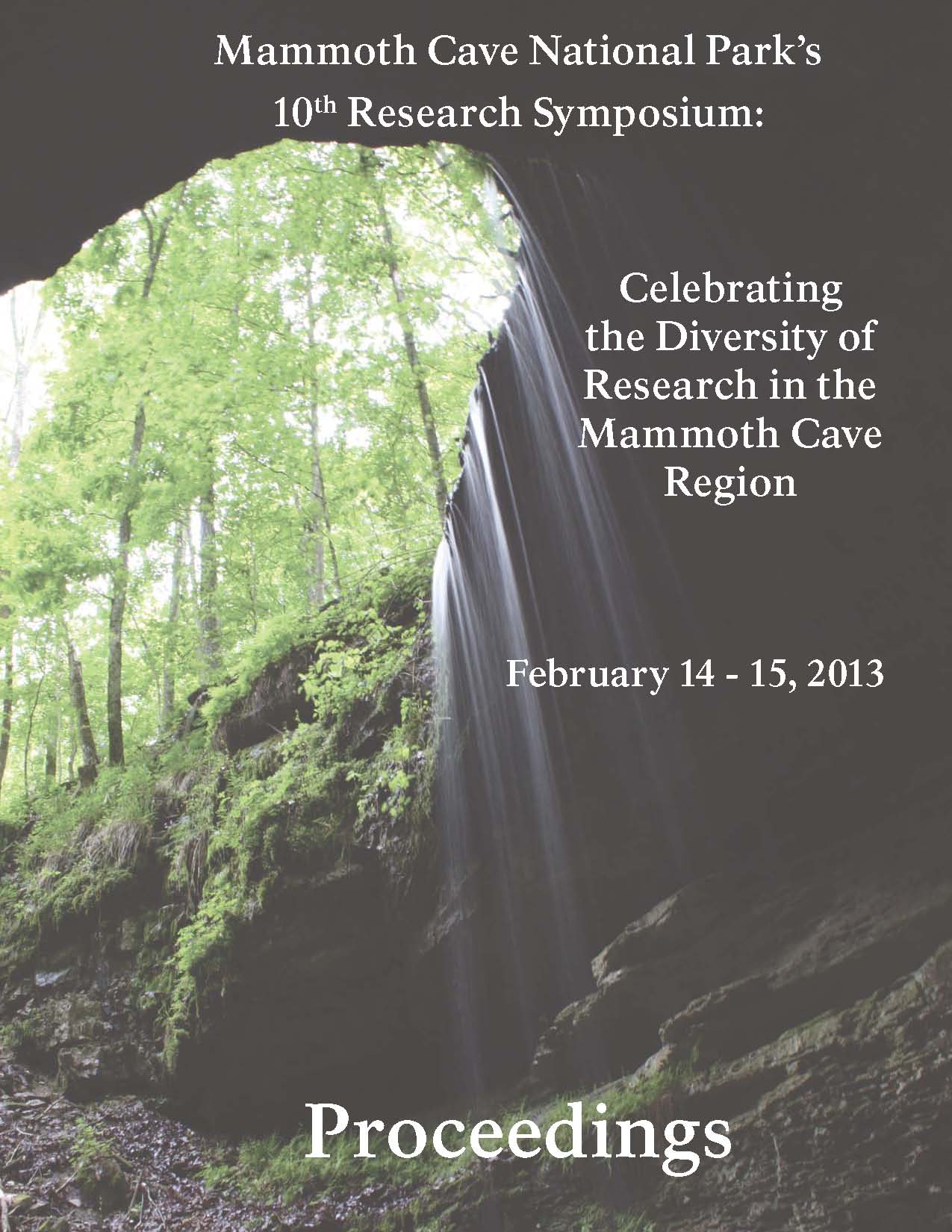Start Date
14-2-2013 2:50 PM
Description
Ozone is harmful to both visitors and plants in NPS units. The Cumberland Piedmont Network (CUPN) has been monitoring ozone and its associated foliar injury since 2008. The goal is to determine if ozone concentrations are high enough to cause injury to plants and whether that injury is actually occurring. Each year, ozone monitoring and foliar injury surveys are completed at two CUPN parks. Further, foliar injury surveys are completed every year at Mammoth Cave NP (and ozone data are collected annually by the park and its partners). Summarized data from 2008 through 2012 will be presented. The relationship between ozone concentration and the severity/amount of foliar injury will be examined for all parks within the CUPN. Further, correlation and trend analysis of Mammoth Cave data will be discussed. This information is used for New Source Review, in the review of Prevention of Significant Deterioration of Air Quality permit applications.
Recommended Citation
Jernigan, Johathan, "Ozone and Foliar Injury at Mammoth Cave National Park" (2013). Mammoth Cave Research Symposia. 6.
https://digitalcommons.wku.edu/mc_reserch_symp/10th_Research_Symposium_2013/Research_Posters/6
Included in
Animal Sciences Commons, Forest Sciences Commons, Geology Commons, Hydrology Commons, Other Earth Sciences Commons, Plant Sciences Commons
Ozone and Foliar Injury at Mammoth Cave National Park
Ozone is harmful to both visitors and plants in NPS units. The Cumberland Piedmont Network (CUPN) has been monitoring ozone and its associated foliar injury since 2008. The goal is to determine if ozone concentrations are high enough to cause injury to plants and whether that injury is actually occurring. Each year, ozone monitoring and foliar injury surveys are completed at two CUPN parks. Further, foliar injury surveys are completed every year at Mammoth Cave NP (and ozone data are collected annually by the park and its partners). Summarized data from 2008 through 2012 will be presented. The relationship between ozone concentration and the severity/amount of foliar injury will be examined for all parks within the CUPN. Further, correlation and trend analysis of Mammoth Cave data will be discussed. This information is used for New Source Review, in the review of Prevention of Significant Deterioration of Air Quality permit applications.


Comments
Abstract only